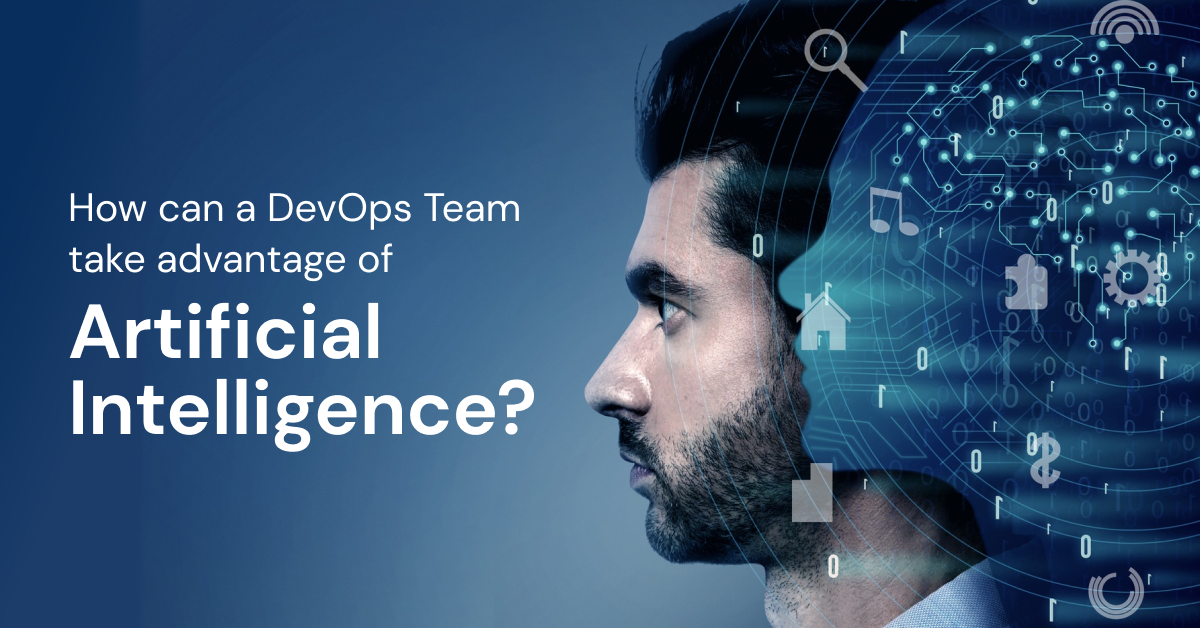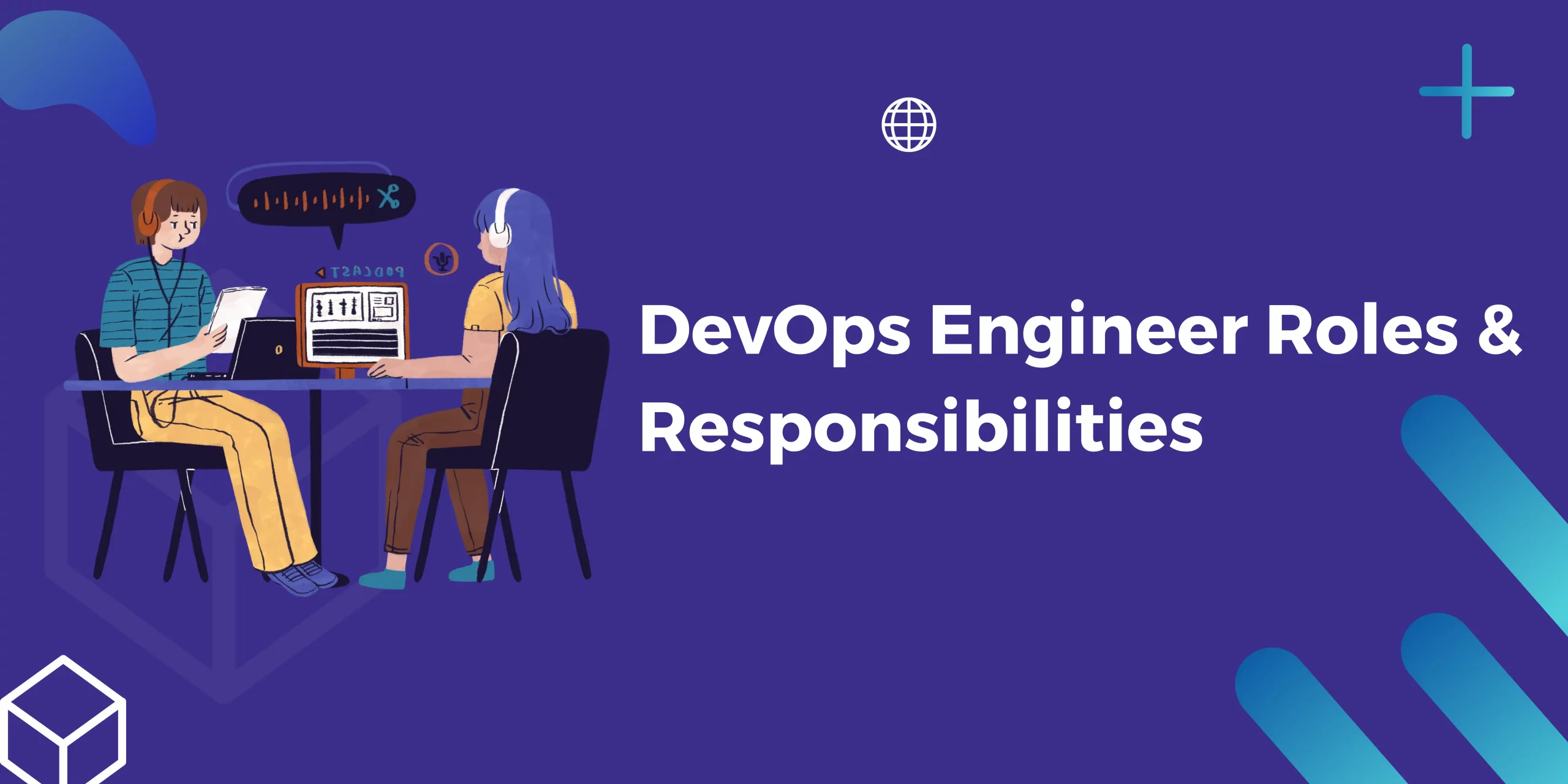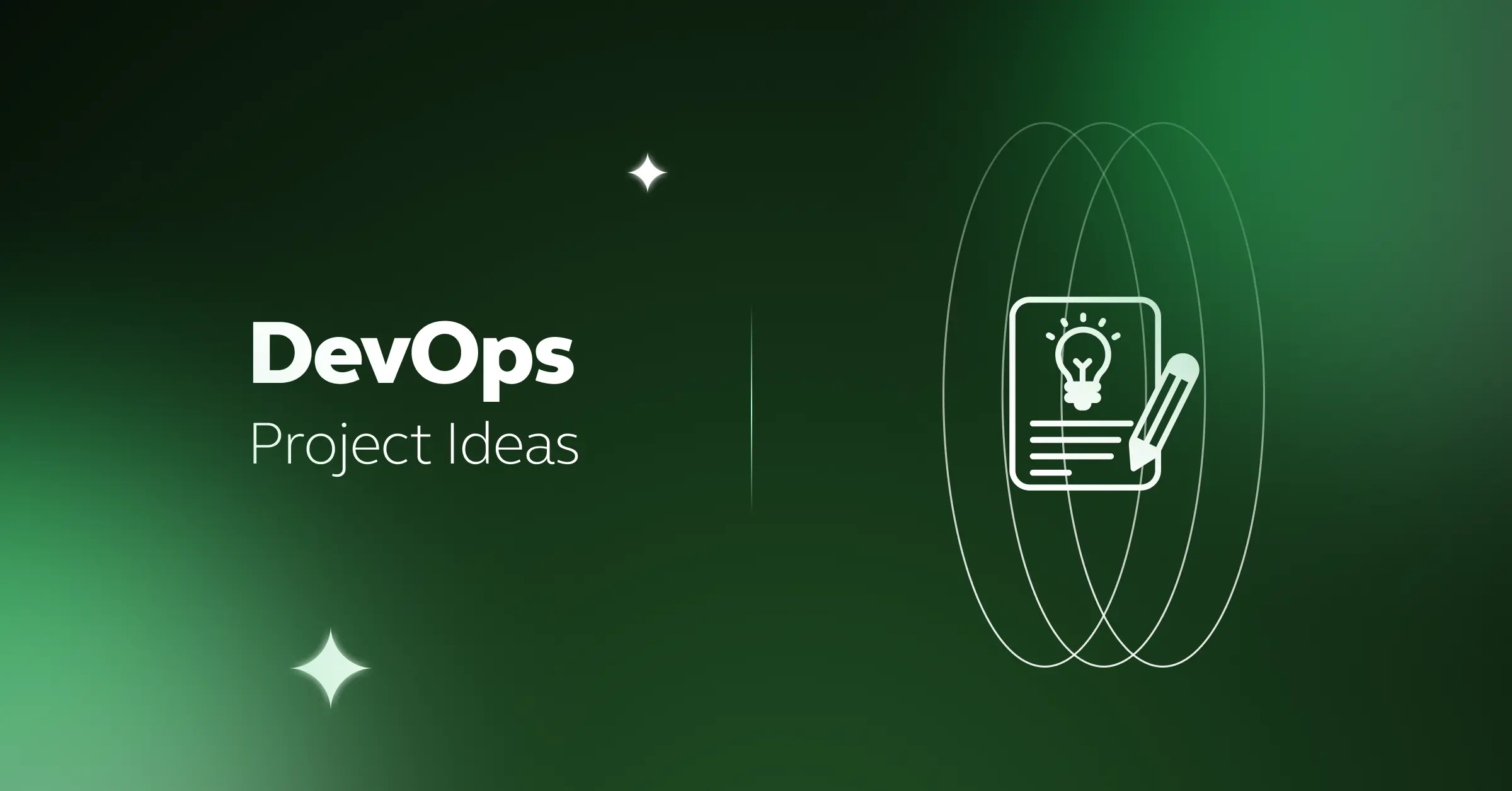
How Is AI Transforming DevOps? Check 7 Intriguing Ways!
May 08, 2025 4 Min Read 3593 Views
(Last Updated)
Here’s a quick story for you! Meet Peter, a DevOps Team Lead. Do you wish to know what keeps him occupied the whole day at work? DevOps is itself bringing in a revolution in the way Development and Operations teams collaborate!
As icing on the cake, AI comes in transforming DevOps. Peter found his work easier with artificial intelligence inducing valuable changes to the DevOps work environment.
Like every other domain, we can see AI transforming DevOps operations drastically. And how?? Let’s find out how can a DevOps team take advantage of artificial intelligence.
Table of contents
- 7 Exciting Ways DevOps Team Can Take Advantage of AI
- Improves performance efficiency
- Timely alerts & Feedback
- Improved data access
- Automated Software Testing
- Failure forecasting
- Security
- Poficient collaboration
- AI transforming DevOps!
7 Exciting Ways DevOps Team Can Take Advantage of AI
Before we move to the next part, you should have a deeper knowledge of DevOps concepts. You can consider enrolling yourself in GUVI’s DevOps Course, which lets you gain practical experience by developing real-world projects and covers technologies including Agile, Scrum, Linux, Git, Bash Scripting, Dockers, Containers, AWS infrastructure, etc.
Additionally, if you would like to explore AWS Infrastructure through a Self-paced course, try GUVI’s AWS Infrastructure certification course.
1. Improves performance efficiency
How many of you send emails every day? Most of us, don’t we? Peter, as a DevOps Engineer, does it more often. Tools such as Grammarly and spell check activate when he starts penning emails.
These AI or NLP-optimized tools help him draft error-free messages. On the other hand, at the receiving end, AI-optimized spam filters either block emails that are suspected of spam or identify an email as something your recipient would like to receive in their inbox.
Rule-based human management of analysis is picking up a radical shift to self-governed systems due to Artificial Intelligence. DevOps functionalities also see a dramatic influence of AI, bringing in ease and automation.
In short, AI helps in proper bug detection and auto-suggestions for improving code and improves performance efficiency.
Also, Find Out 6 Best AI Tools for Coding
2. Timely alerts & Feedback
Now, when Peter finds AI-optimized spam filters blocking emails suspected as spam, his task, apart from being secure, also is fast. DevOps teams like Peter’s must have a well-developed alert system. Such data-driven, well-informed alerts allow his team to spot flaws instantly.
However, Peter then observed such warnings popped in altogether, in huge numbers. It was difficult to mark all of them with the same severity. However, AI and ML helped his team prioritize their reliable responses.
Yes! Multiple factors like past behavior, the warning source, the intensity of the signal, etc., triggered a quick solution to the response. The best thing about AI and ML is that any such warning bombardments get tackled within no time.
Most importantly, AI can help absorb and uncover insights from data streams from numerous monitoring tools. This gives an accurate and complete picture of application health.
Such timely feedback at every phase of product development enhances product performance and exfoliates bugs to deliver a quality product.
The timely alerts & timely feedback aid Peter’s teamwork competently and swiftly and deliver a product that is reliable and efficient!
Also Explore: What to learn to become a DevOps engineer?
3. Improved data access
What Peter and his team really need is- unfettered access to data! And AI can collate data from multiple sources and manage it to be useful for consistent and repeatable analysis. So, AI can transform DevOps functions drastically with ready access to valuable, relevant insights.
Supervising the DevOps environment implicates a high degree of complication. A planet of evergrowing data, increasing cybersecurity crimes, and widening functional complexities are making it ever more difficult for DevOps teams to analyze the insights and apply information.
Addressing and resolving customer issues hugely depends on administering the best insights. Imagine Peter and his team navigating through behemothic reports, to trace critical events that triggered an event − they would eventually spend hours together trying to identify the issue.
When paired with artificial intelligence (AI), the gathered insights appear more accurate and timely. Besides data predictions, AI also enhances data quality through intelligent capture. It ensures all the necessary information is obtained with no gaps in the system. Most importantly, AI can capture data without manual interventions.
So, improved data access helps the overall product cycle immensely and assists in providing a quality product in the shortest possible time.
Must Read: AI vs ML vs Data Science: What Should You Learn In 2024?
4. Automated Software Testing
Another major part of Peter’s time goes away in sorting and analyzing results produced through regression testing, functional testing, or user acceptance testing.
AI can interpret the pattern in the data thus collected and help Peter identify areas of improvement, thereby enhancing the team’s performance. Moreover, with these automated “vetting” processes in place, his team can optimize and accelerate their reparation efforts in a much more informed manner.
Peter’s team also says they implement AI to auto-configure the settings in their applications. It optimizes the application performance in customer deployments. In addition, they prefer to auto-generate and auto-run test cases. It saves their valuable time and augments the product quality.
Another area of concern is the task of producing and redrafting test cases. Even experts often feel swamped with test updates. However, AI-based software development tools eradicate the test coverage overlaps and optimize the current testing efforts with more predictable testing. It accelerates headway from defect detection to defect prevention.
Furthermore, AI-based software development platforms identify the dependencies across complex and connected product modules, improving overall product quality. Improving software quality enhances customer experiences, as well.
This is how AI transforms DevOps operations and leads to better security of applications.
Also Read: The Role of DevOps in Full Stack Development: A Complete Guide
5. Failure forecasting
Now, any failure in a particular area/tool in Peter’s DevOps functions can weaken the process and slow the cycles. More importantly, recalling or retrofitting releases leads to higher expenses and impacts brand reputation.
However, Machine learning models aid in forecasting an error based on data. AI can read patterns and predict the signs of failure. In cases where a flaw is known to deliver definite readings, these predictions never fail.
Again, AI is more competent & can foresee indicators that humans might miss! Early predictions and warnings help the team identify and fix the issues beforehand. This process saves time and additional effort in processing the software development life cycle (SDLC).
6. Security
The AWS DDoS Attack in 2020, the Mirai Dyn DDoS Attack in 2016, the GitHub Attack in 2018, and many more such Distribution Denial of Services (DDoS) attacks prompt that DevSecOps is the top priority for Peter’s team.
Peter can not afford to take any risk in security whatsoever. The constant threat of hackers breaching the secure systems drives him to implement AI protection measures in his applications.
AI augments DevSecOps by enhancing security. It registers threats and conducts ML-based anomaly detection by a central logging architecture. Therefore, Peter implements AI to accurately spot potential threats to his system and secure it proactively.
To cut the crab, AI helps him achieve maximum performance by preventing attacks from DDoS and hackers. So, AI is transforming DevOps drastically.
Know About 10 Best DevOps Practices You Should Know
7. Poficient collaboration
As we discussed above, traceability within each release cycle assists in better feedback recalibrations. Peter’s DevOps team can identify gaps in DevOps collaboration.
So, data integration workflows can be improved. AI is facilitating Peter’s DevOps team to collaborate and stay coordinated with each other. In such times, especially when work-from-home is keeping teams across different remote geographic locations bonded and functioning unitedly.
AI-driven insights are helping in better collaborations leaving teams propelled in inter-team project requirements and customer requirement fulfilment.
Moreover, the AI-powered systems provide a single, unified view into systems aiding in collateral functionality and better rectification & detection of anomalies.
AI can transform DevOps by improving the collaboration between development and operations teams.
Kickstart your career by enrolling in GUVI’s DevOps Course Program where you will master technologies including Linux, Git, AWS, etc, and build interesting real-life DevOps projects.
Alternatively, if you want to explore AWS infrastructure through a Self-paced course, try GUVI’s AWS Infrastructure certification course.
AI transforming DevOps!
We have shared 7 ways in which AI is transforming DevOps. Hope the analogy of Peter’s team will give you better insights into how is AI transforming DevOps and how can a DevOps team take advantage of artificial intelligence!
Have any queries or suggestions? Comment below in the comment section.




















![Top High-Paying Non-Coding Jobs in DevOps [2025] 3 Non-Coding Jobs in DevOps](https://www.guvi.in/blog/wp-content/uploads/2023/11/Top-10-Non-Coding-Jobs-in-DevOps.png)

![Top 15+ Jenkins Interview Questions and Answers [2025] 5 jenkins interview questions](https://www.guvi.in/blog/wp-content/uploads/2022/06/wallpapertip_open-source-wallpaper_1780230.jpg)





![30 Important DevOps Interview Questions and Answers [Includes All 3 Levels] 10 DevOps Interview Questions and Answers](https://www.guvi.in/blog/wp-content/uploads/2025/05/30-Important-DevOps-Interview-Questions-and-Answers.png)

Did you enjoy this article?